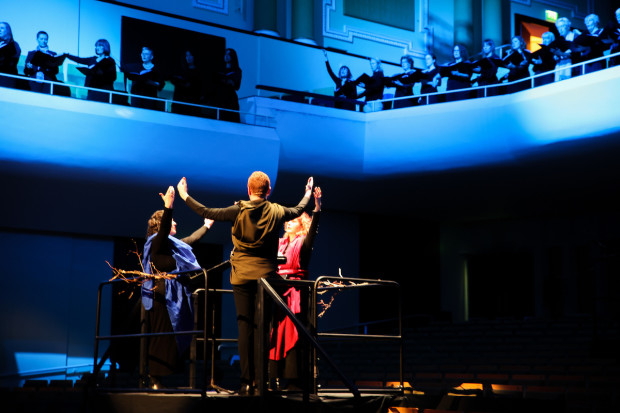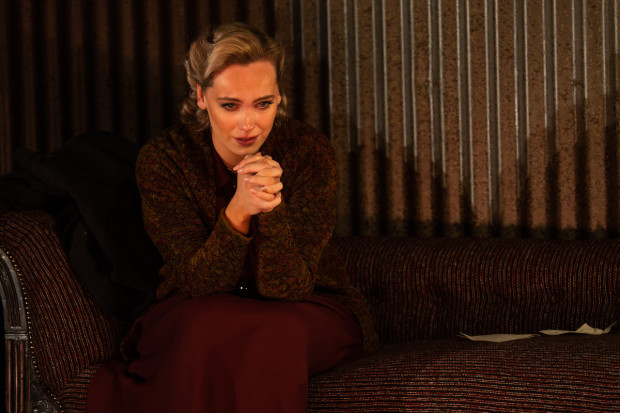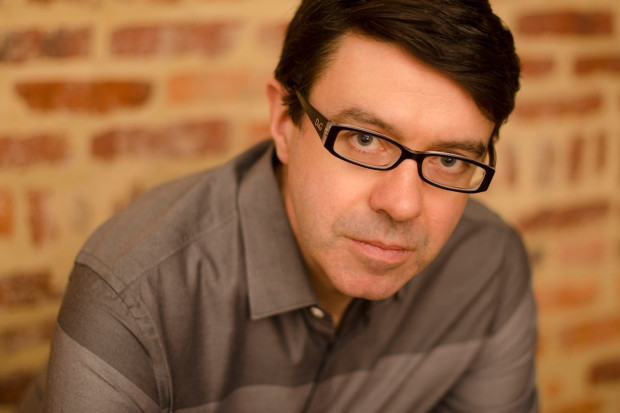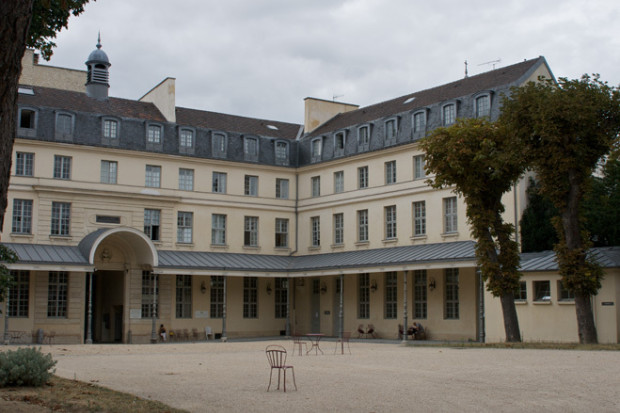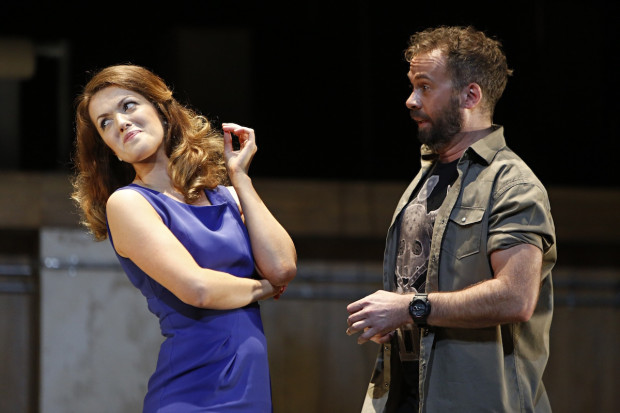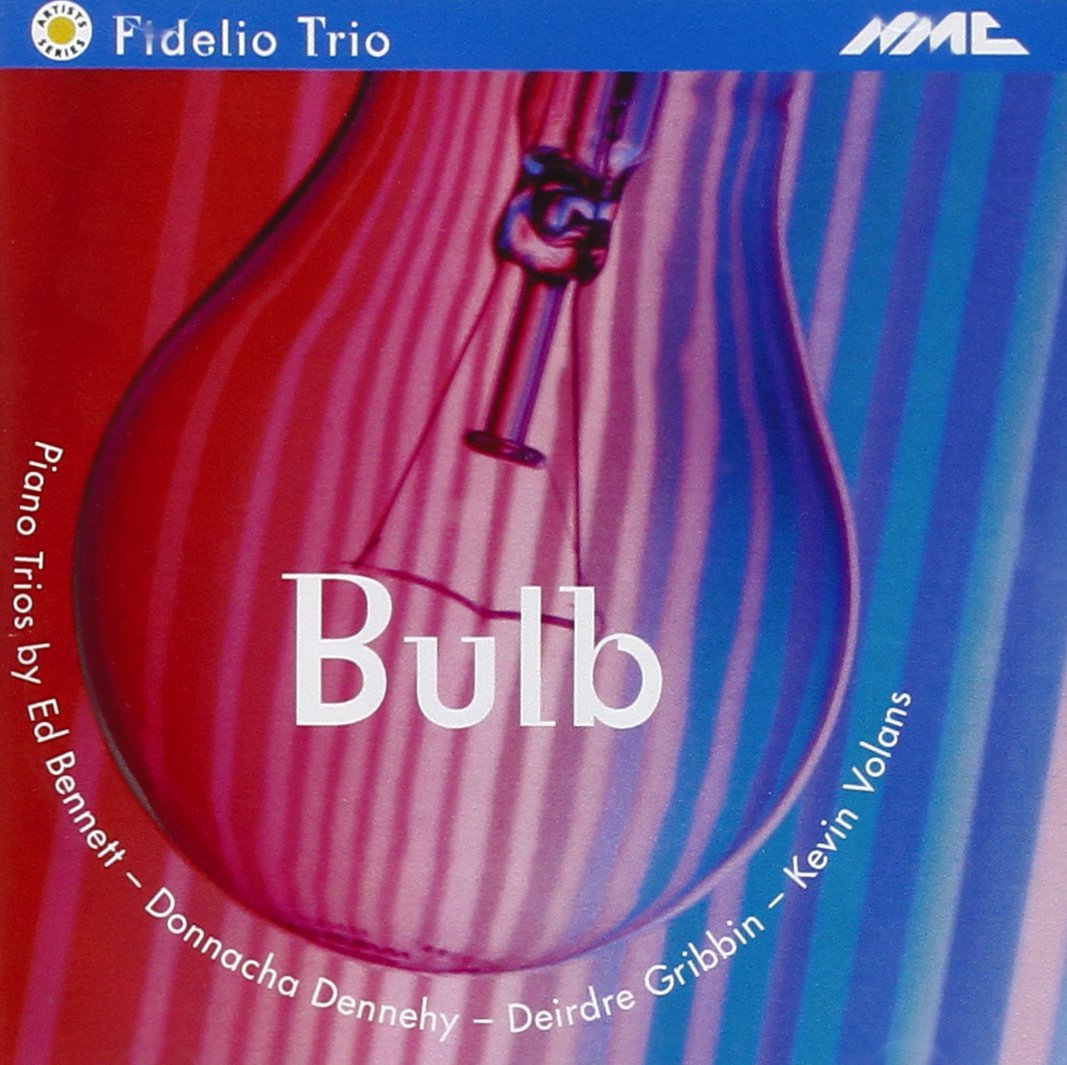
Bulb by Fidelio Trio
CD Reviews: Fidelio Trio
Of all the great forms of chamber music, JMI contributor Bob Gilmore observes in his astute booklet note for this new offering from the Fidelio Trio, the piano trio, for any number of reasons, seems to have had the hardest time remaining relevant for contemporary composers.
While it’s possible to dredge up relatively recent but singular examples from the likes of Turnage, Takemitsu and Vasks, and even double forays into the form from Kagel and Liebermann, none have made their presence felt with any significant impact in either concert hall or recording studio.
Evidence that the creative impasse is about to be breached arrives in the form of four piano trios from Irish composers spanning the last decade, prima facie evidence, Gilmore adds, that ‘in the early twenty-first century the piano trio… can be anything you want it to be’.
Certainly there is enough variety of expression here to persuade even the most casual listener that the piano trio is not, on this island at least, a spent force. The title piece, Donnacha Dennehy’s Bulb, is an appropriately incandescent work from 2006, underpinned by a typically intelligent and self-interrogating approach to composition. Informed by minimalist impulse and built around a series of deftly manipulated repeating patterns, anchored in turn by a determinedly single-minded percussive piano line, it shines with a bright, fresh, questing playfulness as Dennehy pulls in different directions – down into the microtonal level, up into high harmonics – while always creating space for the musicians to flex and fill the seemingly ever-expanding space around them.
Deirdre Gribbin’s meditative How to Make the Water Sound offers vivid contrast. Dating from 1997, it is the oldest work here and is liquescent and lyrical in hypnotically equal measure. An exercise in rhetoric, it is an intimately conceived, eloquently executed piece shot through with moments of brittle beauty.
Ed Bennett’s for Marcel Dzama, composed in 2007 for piano trio and sampler, is arguably a quartet given that the electronic element requires a fourth musician to trigger it. Pedantry aside, the energy of this fizzing hi-octane piece derives from the interplay between individual instruments and their collective if random and often brutal collisions with the sampler. As such it makes fiercely articulate demands of the live performers while the clever intrusion of the ‘alien layer’ proves a provocative but profitable perspective on the robustness of the piano trio form.
The only two-movement work here, and the only piece not commissioned by the Fidelio Trio, Kevin Volans’ Piano Trio, was written in 2002 and twice revised (2005 and 2007). Driven by a narrative impulse – it explores a never-reconciled split between Morton Feldman and the painter Philip Guston – it is a tangled mass of emotional and psychic suppositions expressed in ‘a gruelling set of mind-numbing challenges’ for the musicians. As such, it makes for compelling listening, not least in performances as dramatically bold and incisively detailed as on offer here from a Fidelio Trio on lucid and keenly expressive form.
Published on 1 March 2008
Michael Quinn is a freelance music and theatre journalist based in Co. Down.










